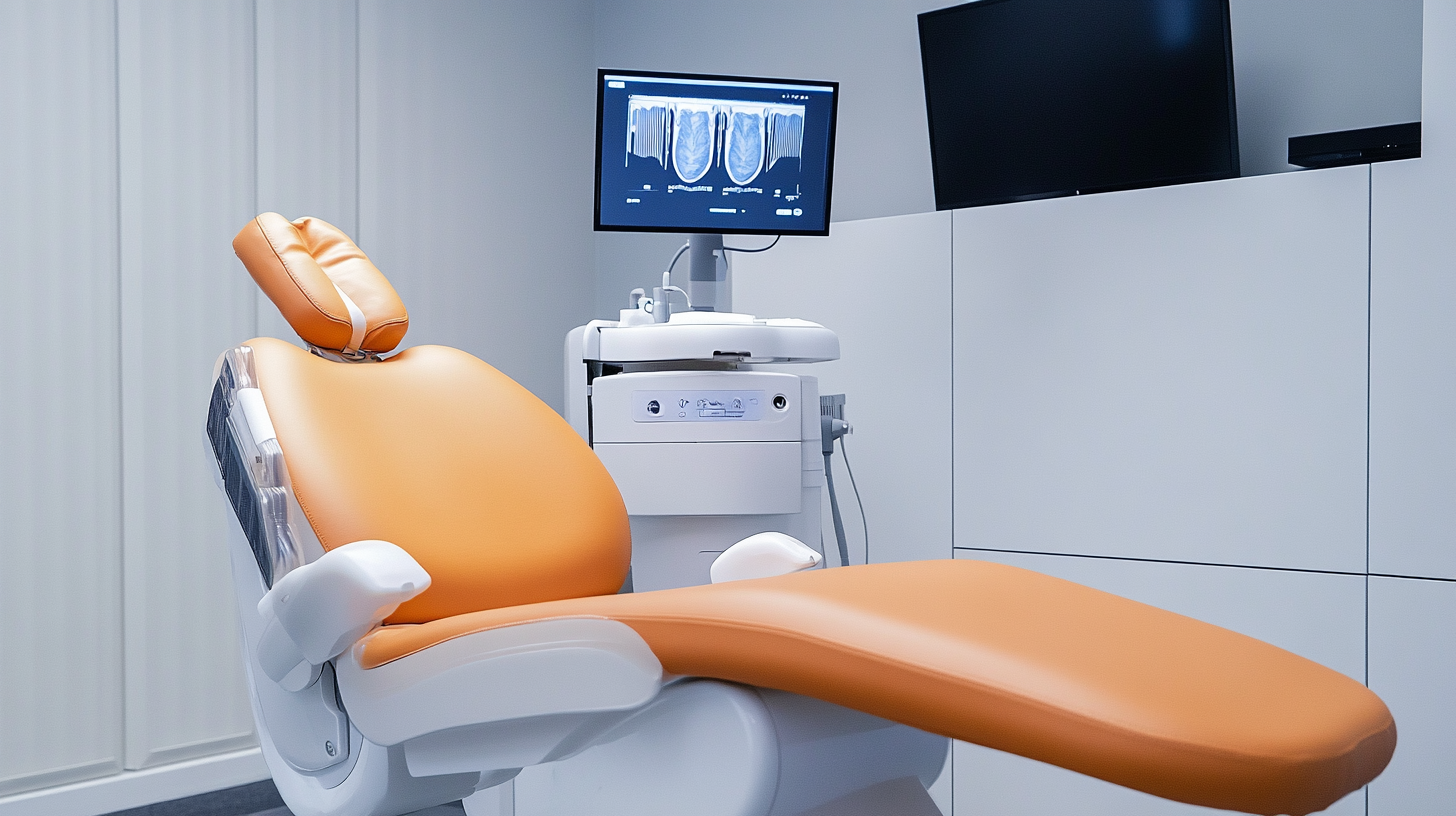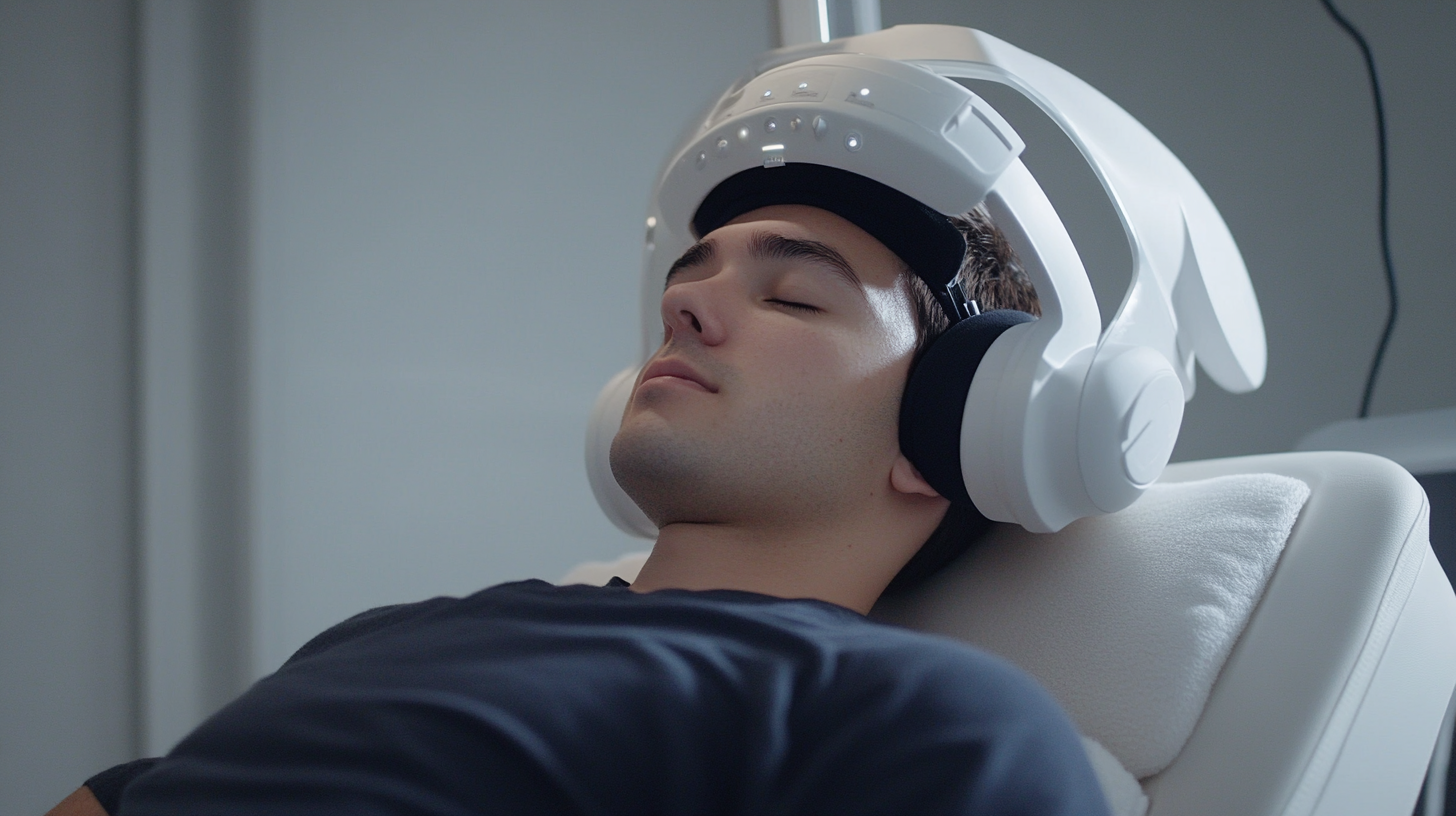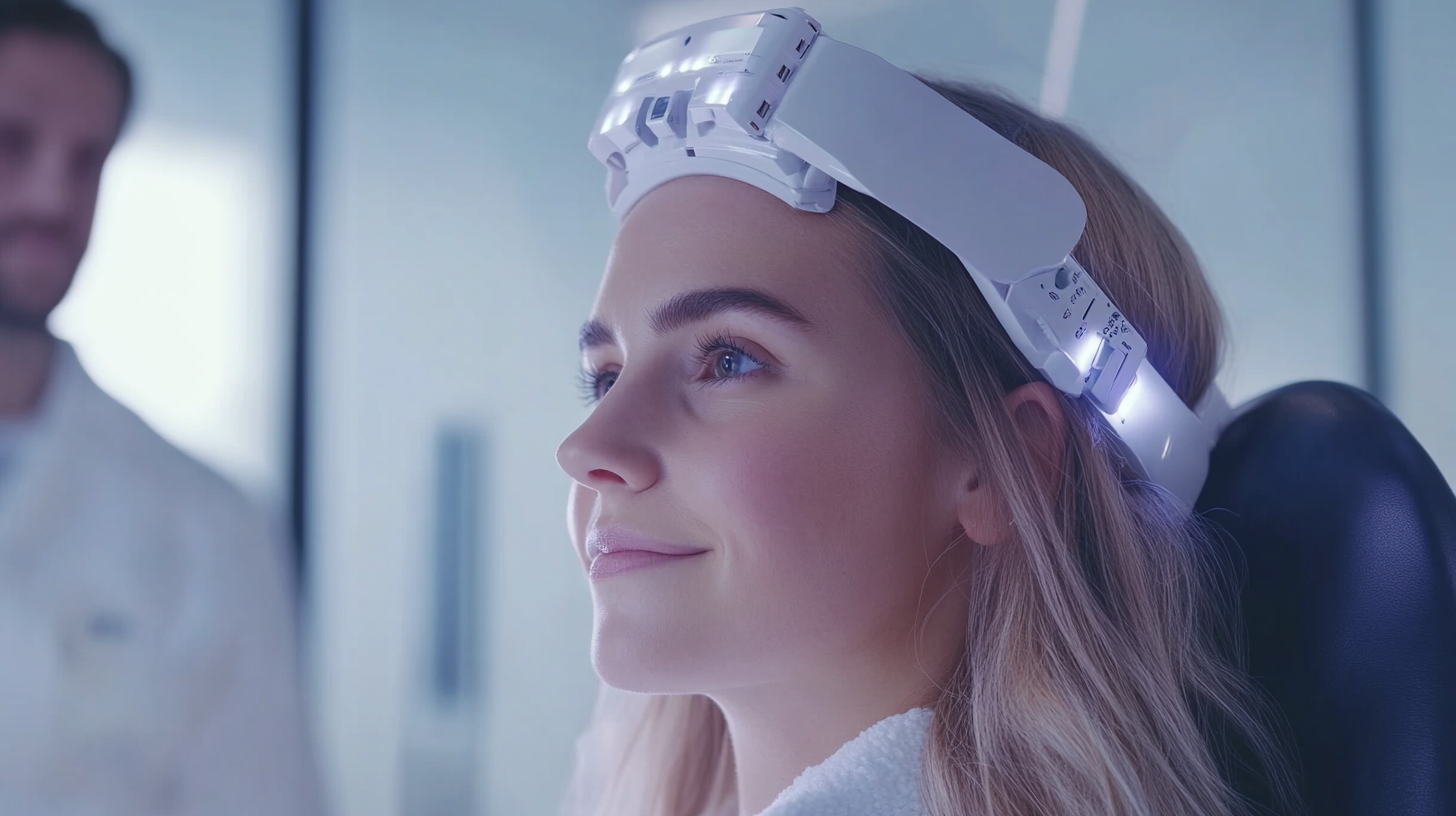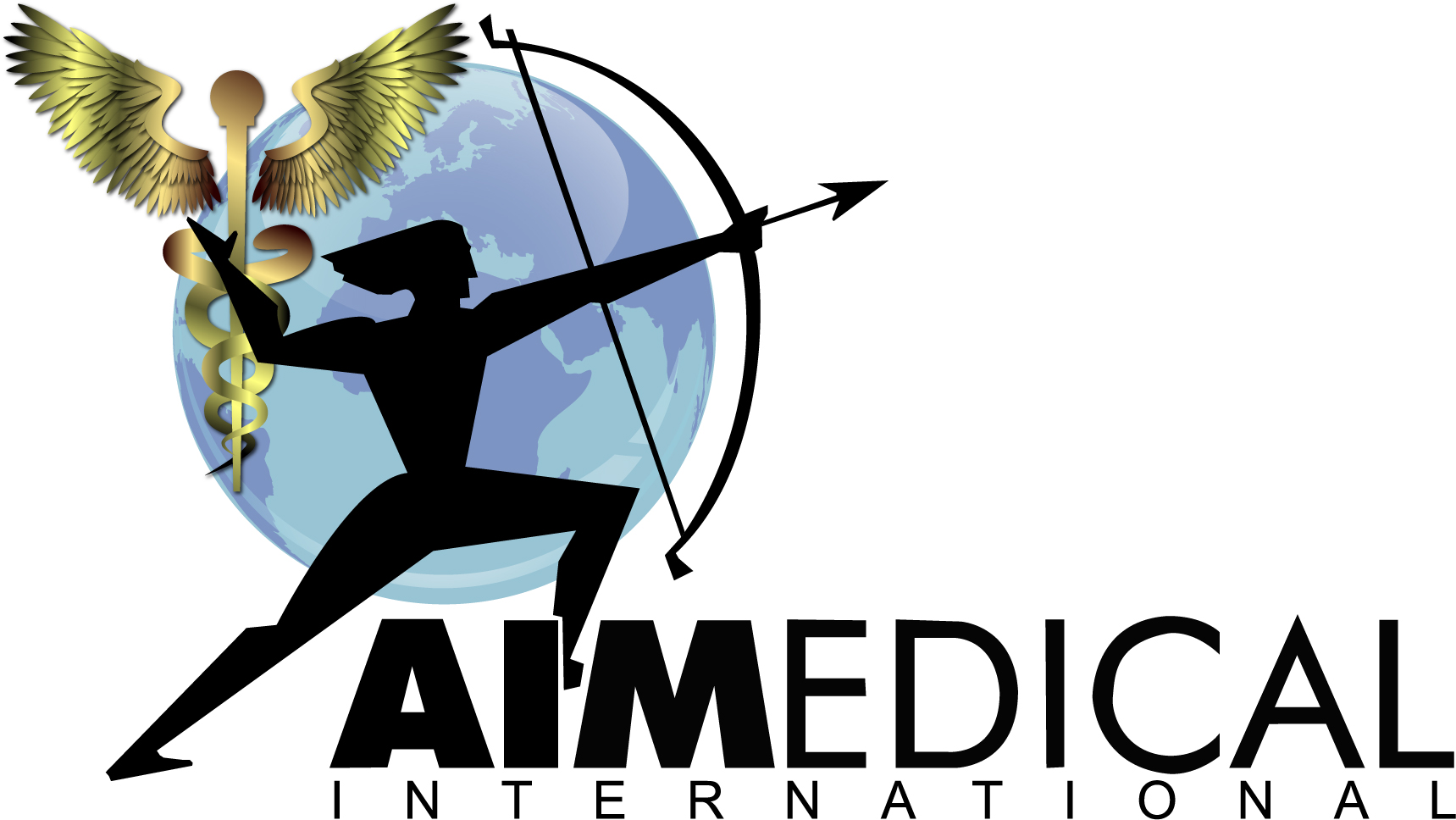Innovative Approaches to Tms Magnetic Stimulation Solutions
In recent years, TMS Magnetic Stimulation has emerged as a groundbreaking solution in the realm of neuromodulation, offering new hope for individuals affected by various mental health disorders. This non-invasive technique leverages magnetic fields to stimulate nerve cells in the brain, promoting therapeutic effects that can significantly alleviate conditions such as depression, anxiety, and even PTSD. As research in this field advances, innovative approaches are being developed that enhance the efficacy and accessibility of TMS, paving the way for personalized treatment options that cater to individual patient needs.
The evolution of TMS Magnetic Stimulation is not only transforming the landscape of mental health care but also inspiring a wave of creativity within therapeutic practices. Emerging technologies, combined with novel methodologies, are broadening the horizons of TMS applications, allowing practitioners to tailor treatments more accurately and efficiently. In this blog, we will explore these innovative approaches to TMS Magnetic Stimulation, highlighting cutting-edge developments and discussing how they can revolutionize patient outcomes and experiences in mental health treatment.

Revolutionizing Mental Health Treatment with TMS Magnetic Stimulation
Transcranial Magnetic Stimulation (TMS) is emerging as a beacon of hope in the realm of mental health treatment, particularly for those grappling with major depressive disorder. By employing advanced brain-wave-guided techniques, TMS offers a non-invasive way to stimulate brain function, addressing the underlying neural circuits involved in mood regulation. Clinical trials have shown promising results, with many patients experiencing significant relief from their symptoms after a series of TMS sessions. This innovative technology not only enhances brain function but also builds resilience against stress and triggers, making it a vital component of modern mental health strategies. The holiday season, often a challenging time for individuals in recovery or those facing mental health issues, underscores the need for effective solutions like TMS. With practical applications of TMS therapy, patients can better navigate the emotional turbulence that the holidays can bring, maintaining their mental well-being and stability. Moreover, as healthcare providers increasingly adopt precision psychiatry, TMS represents a shift towards personalized treatment approaches that cater to the unique needs of each individual. This transformation in mental health care is not just theoretical—it’s backed by substantial clinical evidence and a growing body of research validating its efficacy in treating depression and other related conditions.

Exploring the Mechanisms Behind TMS and Its Impact on Brain Function
Transcranial magnetic stimulation (TMS) has emerged as a revolutionary tool in neuroscience, offering profound insights into brain function and the underlying mechanisms of various neurological conditions. By using magnetic fields to stimulate nerve cells in specific areas of the brain, TMS enables researchers and clinicians to explore the intricacies of cerebral activity and its impact on mental health. This non-invasive technique allows for the modulation of neural circuitry, effectively enhancing our understanding of how different brain regions communicate and coordinate.
The mechanisms behind TMS involve the generation of a magnetic field that induces small electrical currents in targeted areas of the brain. This stimulation can either excite or inhibit neuronal activity, depending on the parameters used during the procedure. Researchers are now able to investigate how altering these patterns of neural firing influences cognitive functions such as memory, attention, and mood regulation. Studies have shown that TMS can lead to significant improvements in conditions like depression and anxiety, suggesting a strong connection between modulating brain activity and rehabilitating mental health.
As we delve deeper into the impact of TMS on brain function, it becomes increasingly evident that this innovative approach holds the potential to unlock new treatment paradigms for neuropsychiatric disorders. By continuing to explore the mechanisms of TMS, we may uncover the keys to enhancing cognitive resilience and fostering optimal emotional well-being, paving the way for more targeted and effective therapies in the future.

Case Studies: Success Stories of TMS in Clinical Applications
Transcranial Magnetic Stimulation (TMS) has gained significant traction in recent years, particularly as a groundbreaking treatment for depression. Several innovative approaches have emerged, showcasing the efficacy of TMS through various clinical applications. Notably, accelerated TMS protocols have been developed to deliver treatments more quickly, helping to bridge the gap for patients who need immediate relief from their symptoms. These new methods reflect a shift towards a more patient-centered approach, allowing healthcare providers to tailor treatments based on individual needs and responses.
Case studies demonstrate the success stories of TMS in clinical settings. For instance, patients who have undergone accelerated TMS have reported a noticeable reduction in depressive symptoms within a matter of weeks, compared to traditional treatments, which often take longer to show results. Hospitals and clinics are observing improvements not just in patient outcomes, but also in overall satisfaction, as those who once felt stuck in their mental health journey find renewed hope and motivation through this innovative therapy.
Furthermore, these success stories highlight the importance of research and collaboration among healthcare professionals. Sharing insights and experiences from different clinical environments fosters a comprehensive understanding of TMS’s capabilities and limitations. As the field evolves, we can expect more advancements that will further enhance treatment protocols and, ultimately, improve the quality of life for individuals grappling with depression.

Emerging Technologies in TMS: Enhancing Precision and Efficacy
Emerging technologies in Transcranial Magnetic Stimulation (TMS) are revolutionizing the way mental health disorders are treated. Traditional TMS methodologies laid the groundwork, but recent advancements are significantly enhancing both precision and efficacy in treatment outcomes. These innovations include improved neuronavigational systems that utilize MRI data to create personalized stimulation maps. By targeting specific brain regions with greater accuracy, clinicians can optimize treatment for individual patients, leading to a higher success rate.
Another notable advancement is the development of novel stimulation protocols. Researchers are exploring various frequency and intensity patterns to maximize therapeutic effects while minimizing side effects. This tailored approach allows for flexibility in treatment, accommodating the varied responses of patients to TMS. Moreover, integrated systems that combine TMS with neuroimaging techniques provide real-time feedback, enabling practitioners to adjust treatment on-the-fly for improved results.
Lastly, the integration of artificial intelligence in TMS applications promises to further refine treatment strategies. AI algorithms can analyze vast data sets from previous TMS sessions to predict which patients will benefit most from specific protocols. This predictive capability not only elevates the standard of care but also opens up new avenues for research and development in mental health treatment. As these technologies continue to evolve, the future of TMS holds great promise for delivering personalized and effective interventions for those struggling with mental health challenges.
Future Trends in TMS Solutions: What Lies Ahead for Neurotherapy
As the field of neurotherapy continues to evolve, innovative approaches to TMS (Transcranial Magnetic Stimulation) solutions are becoming increasingly important. The future trends in TMS solutions are heavily influenced by advancements in neurotechnology. Among these advancements, neurofeedback systems are gaining prominence, with the global market expected to reach $2.14 billion by 2028. This growth is driven by a rising interest in mental health treatment options that leverage brain activity for therapeutic benefits.
One of the notable trends in neurotherapy is the integration of neurofeedback with TMS. This combination allows for real-time monitoring and adjustment of magnetic stimulation based on the patient’s brain activity, leading to personalized treatment protocols. The marriage of these technologies enhances efficacy and opens up new avenues for understanding brain functions and optimally managing conditions such as depression and anxiety.
Moreover, developments in functional magnetic resonance imaging (fMRI) and brain-computer interfaces (BCI) are likely to influence TMS solutions. As these technologies advance, they provide greater insight into brain dynamics, facilitating more targeted and effective therapeutic strategies. The integration of these cutting-edge tools stands to not only refine treatment methodologies but also empower patients with a deeper understanding of their neurological health. As we look ahead, the synergy between TMS and other neurotechnological innovations promises to reshape the landscape of neurotherapy.

